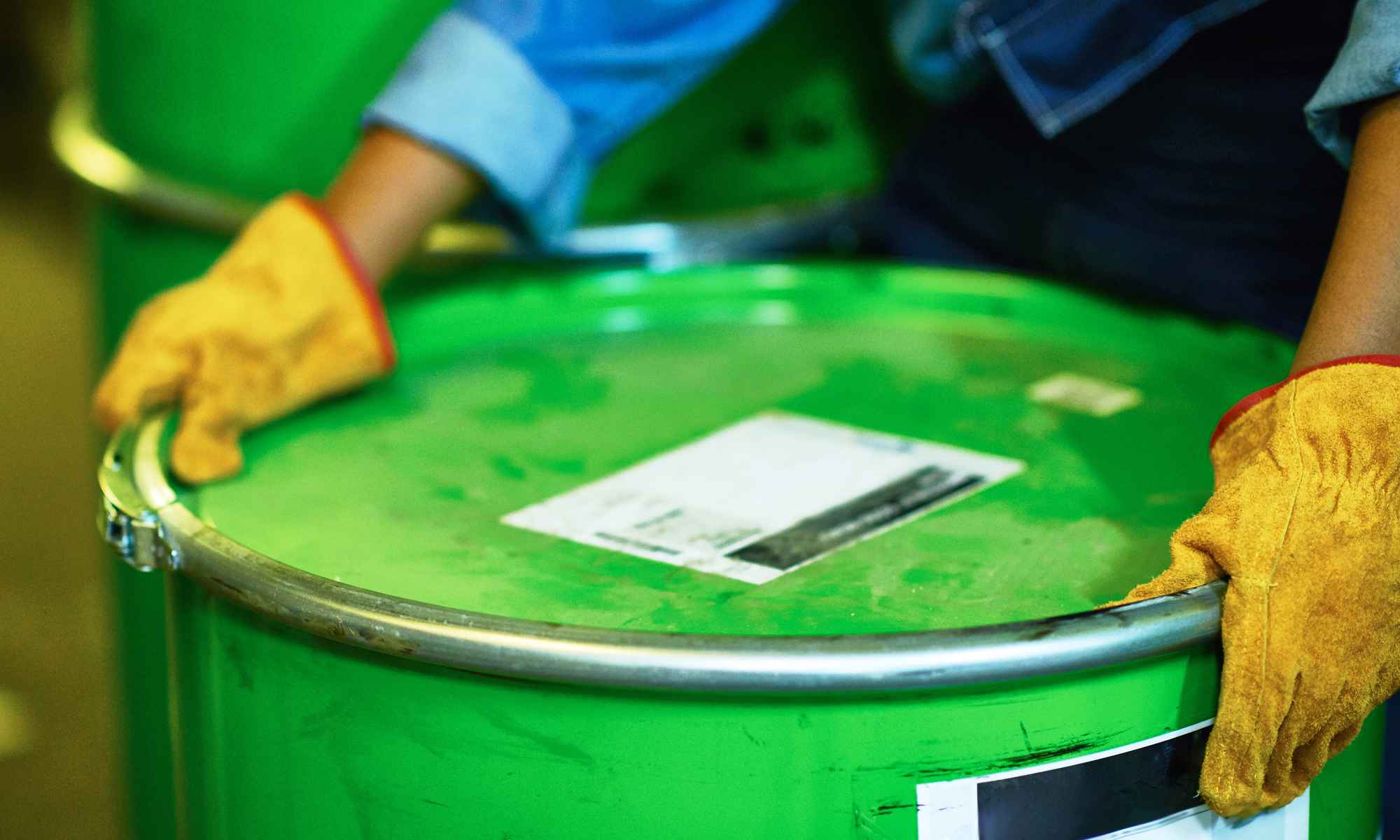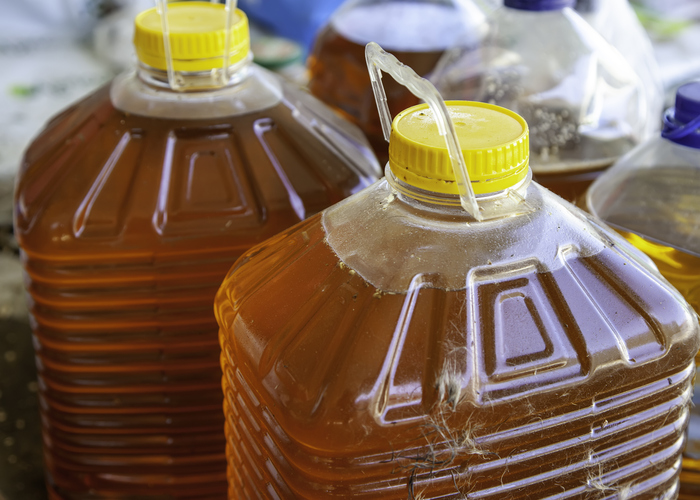A vital component of a busy kitchen is cooking oil. It is frequently used in large quantities and is employed in a variety of culinary operations. Used cooking oil in liquid form, which is derived from a fryer, is common in most kitchens and can be a valuable ingredient when repurposed rather than thrown away. This is not to be confused with the hardened grease residue built up in a frying pan.
Every year, the typical restaurant generates 6,700 pounds of waste cooking oil. That much oil is a lot! In actuality, many businesses—including fast food restaurants—produce a far higher volume annually. Over 30,000 pounds of fried food can be produced annually on menus with a high proportion of them. After you’ve used it, what do you do with it? Drain it down the toilet? Get rid of it? Both are not suitable environmental or safety options. The way used cooking oil is gathered and where it is stored can have an impact on a restaurant’s operations and safety as well as how the general public views the restaurant’s brand.
Recycling your leftover cooking oil with a trustworthy company is the smartest and right thing to do. This procedure is straightforward and can have long-term effects on both the environment and the company. Companies that recycle oil, like NJ Oil Recyclers, support sustainability. Recycling waste cooking oil means you are doing your part to contribute to a more sustainable environment and a healthier future and gives it a constructive purpose long after it has left your fryer.

How do Oil recycling companies encourage sustainability?
Companies that recycle oil, like NJ Oil Recyclers, offer a thorough, full-service used oil recycling program that ensures routine used oil collection of any volume. They collect old oil throughout a huge geographic area using their big fleet of collection vans, driven by knowledgeable account representatives, and an advanced computerized routing system.
After that, the spent oil is delivered to their cutting-edge facility where it is recycled into new lubricant goods. By properly recycling your spent oil, you can prevent the trash you produce today from becoming a liability in the future. Initiatives from oil recycling companies support sustainability in this way.
Used Cooking Oil collection
You must have a system in place to get rid of spent cooking oil while operating any kind of commercial kitchen, whether it be in a big restaurant, a food court at a mall, or even a stadium. Food enterprises must have the right tools to handle their spent cooking oil securely, and they must collaborate with a partner who will collect it on schedule and regularly. Holding onto used frying oil for too long can lead to safety issues.
To guarantee that your spent cooking oil is regularly collected and disposed of properly, NJ Oil Recyclers offers used cooking oil collecting services. We can assist with setting up the necessary tools and creating a timetable for collecting and transporting your spent cooking oil for recycling.
Engine fuel made from waste oil recycling
The use of non-edible oils, which are frequently far less expensive than edible vegetable oils, is one method of lowering the production costs for biodiesel fuels. At the end of the 1990s, the industrial use of the simultaneous transesterification of fresh and old frying oils began. Because they are affordable and provide the extra environmental benefit of repurposing materials that would otherwise have to be disposed of, recycled or waste oils have become popular sources for the manufacturing of biodiesel.
Biodiesel is renewable, nontoxic, biodegradable, and sulfur-free. It emits 80% fewer hydrocarbons, 60% less carbon dioxide, and 50% fewer particles than petroleum diesel, which has long been recognized for its favorable effects on the environment. Biodiesel burns more fully than gasoline because it contains 11% more oxygen by weight. In fact, eliminating the black smoke (really unburned fuel) produced during acceleration would need a 20% blend of diesel with gasoline in trucks and buses.
It stimulates local economic growth
Burner fuel is one of recycled oil’s most popular applications. Industrial enterprises may fuel their machinery at a lesser cost and without having to buy “new” oil thanks to this recycled petroleum product. The majority of burners can operate with recycled fuel oil since its quality is more than adequate, so widespread availability of recycled burner oil can help local companies to cut their costs.
Your town may aid in the development of this crucial supply chain by collaborating with a nearby oil recycler to make sure that a larger percentage of old oil is recycled. An increase in the availability of recovered fuel will provide businesses with more money to invest in new equipment and hire workers, which could help the local economy as a whole.

Partner with an oil recycling company
Cooking oil and grease disposal errors can cost you money in drain and kitchen appliance repairs. Even while oil may appear to be flowing down the drain as a liquid, it may eventually harden and cause a blockage in your local or personal drainage system. Additionally, treating oil waste improperly frequently violates regulatory requirements and might find you or your company in legal problems.
You should collaborate with an oil recycling business in order to protect the local and worldwide ecology. In order to ensure that these waste products are kept out of the environment and reduce the possibility of harming natural resources like soil and water systems.
Look for regional efforts to recycle used oil. Although residential areas frequently lack oil recycling facilities, more and more cities are providing oil recycling centers or setting drop-off days for households to recycle their oil. Cooking oil waste can be recycled to create biodiesel, fuel for diesel engines.
It’s crucial to keep in mind not to pour your household cooking oil down the drain if you don’t have any other options for recycling it. If you must dispose of used cooking oil, put it in a tightly closed container, such as a spare bottle or can. Then deliver it to an oil recycling business, one of the top oil recycling firms is NJ Oil Recyclers.



